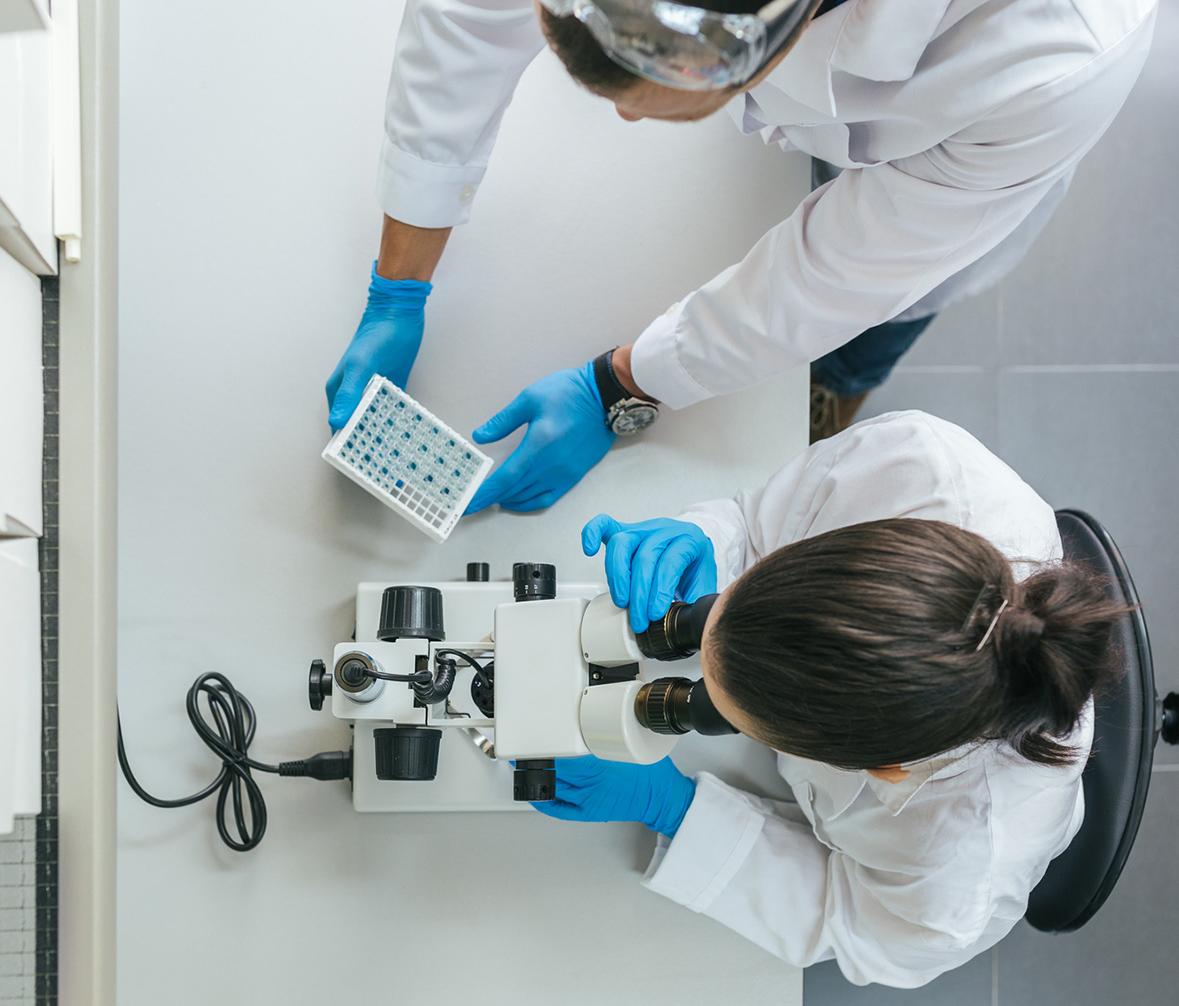This week, the Biotechnology Innovation Organization (BIO) is hosting the annual BIO International Convention in San Diego, California. The annual event will bring together global leaders in business and the biotech and pharmaceutical industries to discuss the most promising opportunities and pressing challenges in medical innovation. As these conversations unfold and stakeholders look to invest and support progress in medical discovery, it’s important to remember the critical role intellectual property plays in fostering innovation, and ensuring people around the world have access to the latest medicines and technology.
Public policies that cultivate and protect IP promote faster access to breakthrough medical discoveries and incentivize continued investment in future innovation that helps stimulate and sustain economic growth. In fact, research indicates that IP protection is a vital tool for enhancing access to new treatments and for growing domestic innovative output—a point that many countries, including those with historically weak IP protection, are increasingly recognizing and acting on.
While some countries, like India, Canada, and Colombia, continue to take steps to undermine IP rights, findings from the most recent U.S. Chamber International IP Index show that a growing number of countries around the world and across all levels of economic development are undertaking significant policy measures to strengthen IP protection and enforcement. China, South Korea and Taiwan, for example, have made, or are considering changes to their laws to promote resolution of patent disputes before the entry of potentially infringing products. And Pakistan, the UAE, and Sweden have all taken steps to better combat piracy and counterfeiting.
Despite continued challenges, the international community’s movement toward expanding IP protections is promising for the future of innovation and economic development. Without robust IP rights in countries around the world, the groundbreaking research and discovery that will be the focus of the BIO convention, will be threatened and the economic benefits of medical innovations may not be fully realized.


